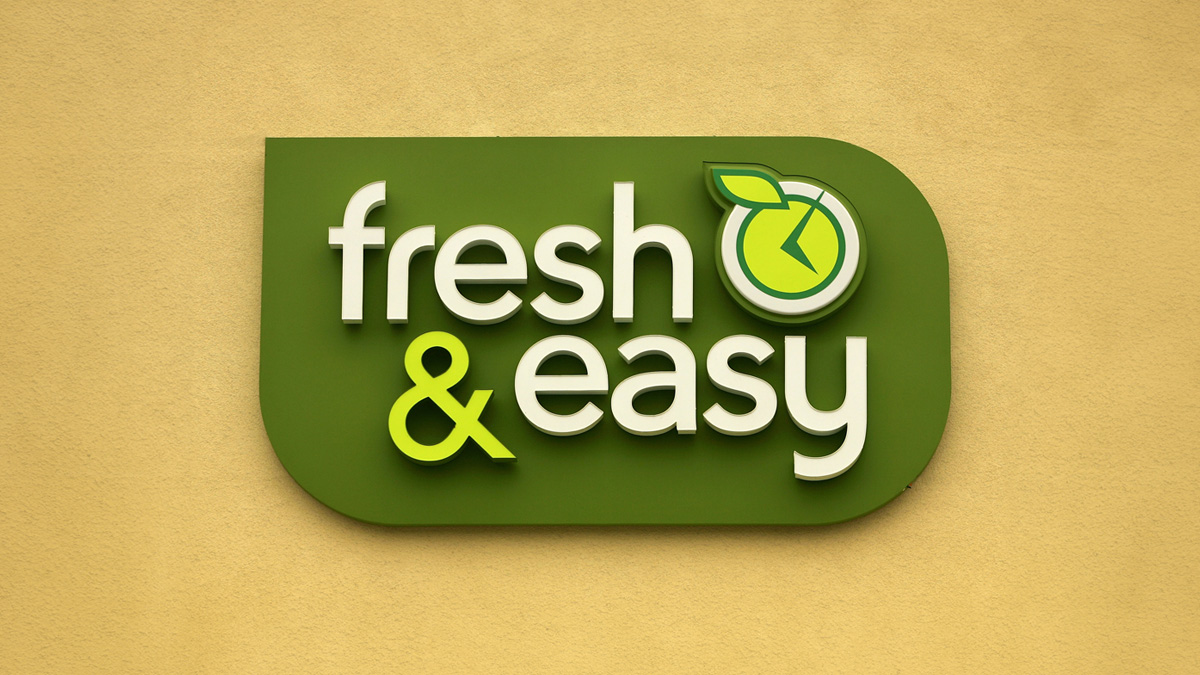The rise and fall of the Yellow Pages

The Yellow Pages used to make life easier for everyone. By sorting businesses alphabetically into categories, it streamlined finding products and services and changed how small businesses reached customers.
But after being a permanent fixture in British households for more than 50 years, the final version of the print edition of Yellow Pages was delivered in January 2019. A staple of British households shifted entirely online under Yell.com.
Adaptability had been ingrained in the DNA of Yellow Pages from the early days. In 1983, John Condron, who headed marketing and went on to become chief executive, outlined their limitations. It was “a place you turned to if somebody broke your window or your plumbing packed up,” he said. Condron saw an opportunity for change and to increase its usage.
The company launched a new advert that marked a considerable change. “Good old Yellow Pages. We don’t just help with the nasty things in life, like a blocked drain. We’re there for the nice things too,” said the voiceover. The publication also forged a partnership with British Telecom in 1984, sparking a period of expansion that saw the introduction of over 70 local editions.

However, as the digital era exploded in the 1990s, online search engines such as Yahoo! and Google started to revolutionise how customers sought information.
Yell.com was launched in January 1996. But this rebranding failed to boost revenues and the company was also left with substantial debts after expansion into the US and Spain.
It tried various partnerships with other businesses, including a 2005 joint venture with Google that integrated local classified content into its search engine.
Yell also underwent several leadership changes. Condron and John Davis, Yell’s finance director, quit in 2010. Dismissing claims they were jumping ship, Davies told The Guardian: “I don’t think either of us would have chosen to leave if we didn’t think that the business was in good shape.”
In 2012, Yell Group opted to rebrand as Hibu. The new chief executive Richard Hanscott told Marketing Week that changing the name “was very exciting” and people “understand the fresh new identity and our strong legacy with local business.” However, the company reverted to Yell in August 2014.
The final edition of Yellow Pages was sent to print in 2018. Hanscott said that revenues from printed directories had declined 37%. However, traditional users were still disappointed with the move.
Claire Miles was appointed chief executive in 2019 and said she was “impressed by how it’s been successfully reinvented in digital.”
The company looked to introduce monthly subscriptions but in 2020 Yell’s head of recruitment confessed there are “one in three customers leaving us each year, one in four customers complaining about us, and a range of poor reviews across a variety of external platforms.”

Yell described its performance in 2023 as “very disappointing”. The parent company of Yell – Yell Holdco Ltd – reported a 6% drop in annual revenues to £111m and a 44% drop in underlying profits to £13.4m for the year to the end of March 2023. The number of average monthly visits to the Yell platform fell 13.3% to 7.2 million.
The competition facing Yell is now fiercer than ever, with younger generations turning to Google Maps, Facebook, Instagram, and other social media sites to search for online businesses.
However, Yell “could and should have been Google before Google”, according to David Pattison, who has more than 30 years of experience in scaling and restructuring companies and is the author of the business book The Money Train.
He says, “With little competition, it was easy to just keep doing what they were doing but they should have invested in the coming digital opportunities much earlier and didn’t. It was such a recognisable platform, but they chose to return profits to shareholders rather than invest and innovate.
“I can see why at the time but that is why they are where they are. A narrow business in a narrow sector.”
Mikko Arevuo, a senior lecturer in strategic management strategy at Cranfield School of Management, blames the “many nimble competitors” that can offer additional services, such as website design, site optimisation and digital marketing.
“It is often the case that incumbent legacy firms underestimate the speed of technological change and its impact,” he said. “They don’t possess the resources required to work in the digital environment.”
Christian Stadler, a professor at Warwick Business School, said the leadership at Yellow Pages was not to blame for its challenges and that the company had to deal with a fundamental shift in how consumers behaved. “You can’t make a horse carriage attractive next to a car,” he said.




